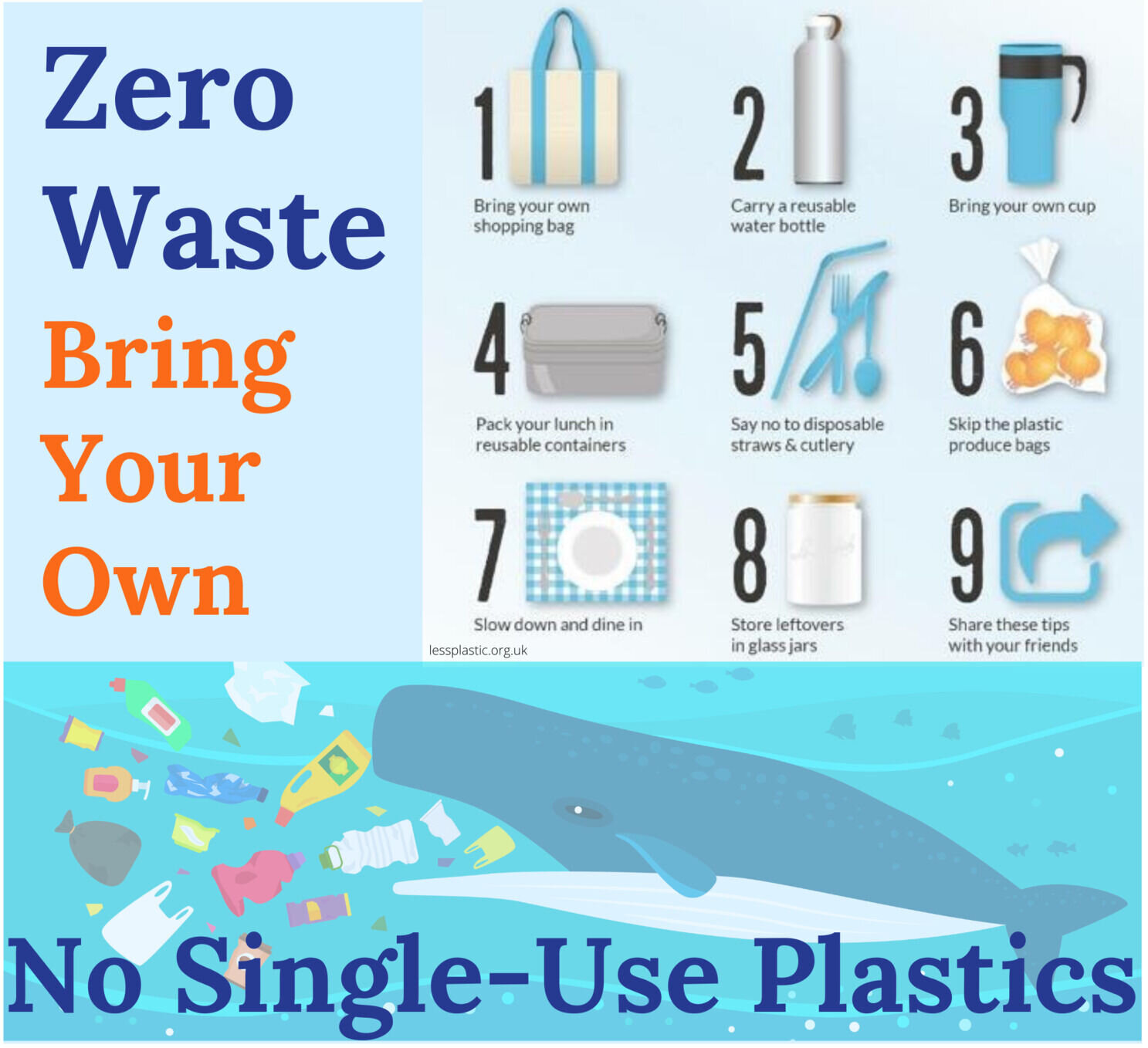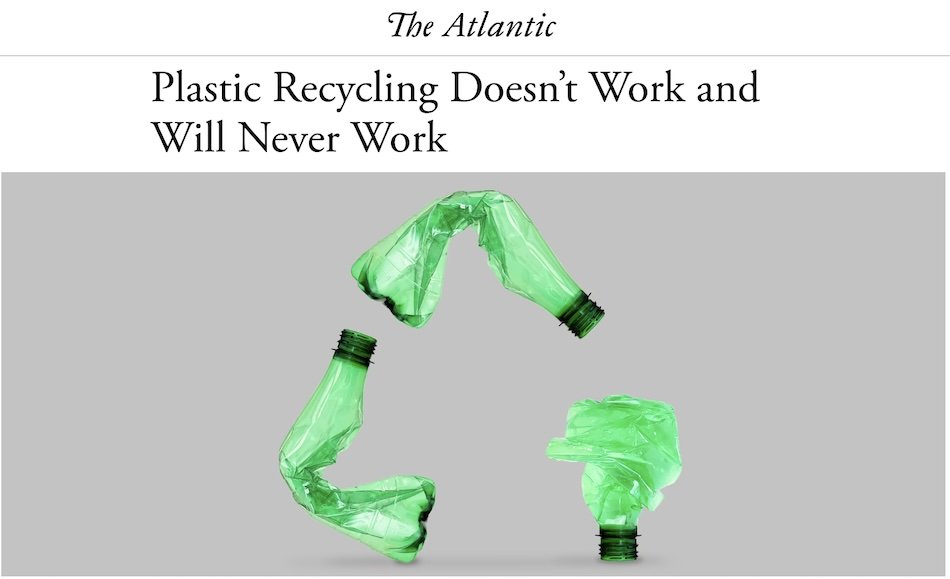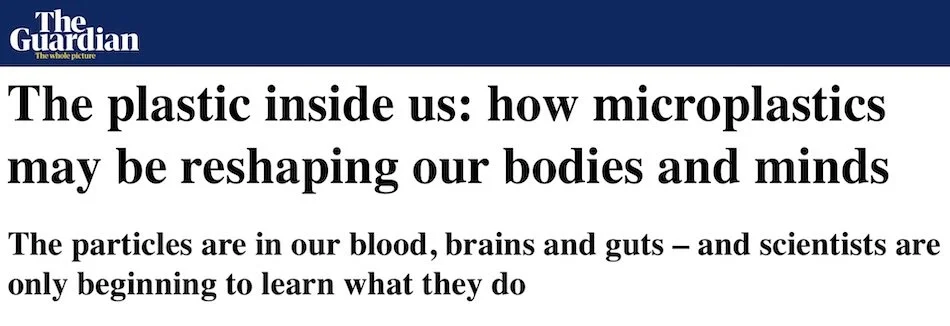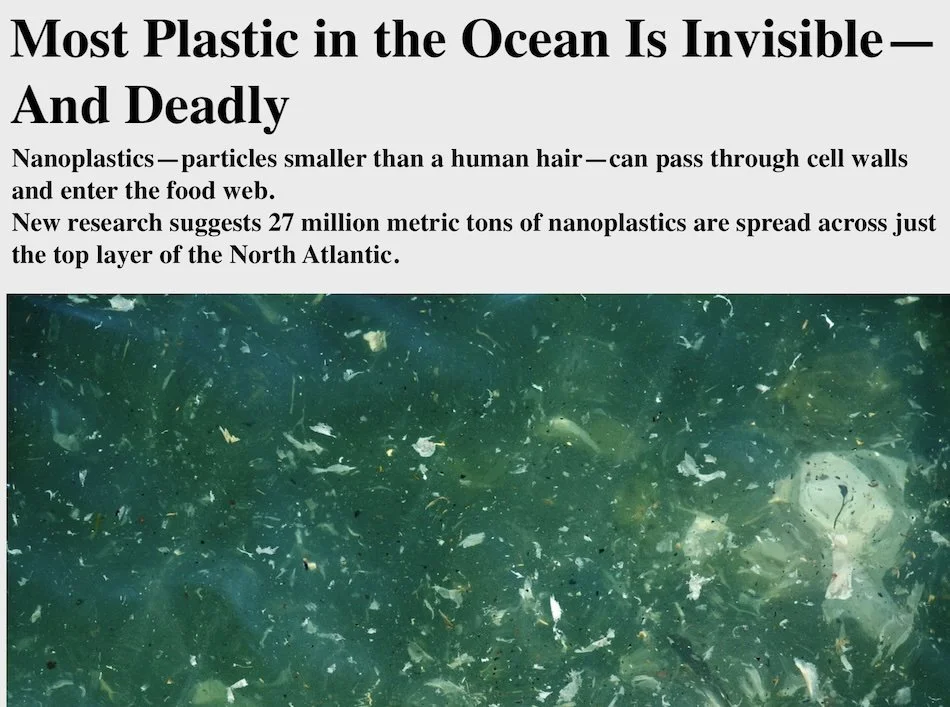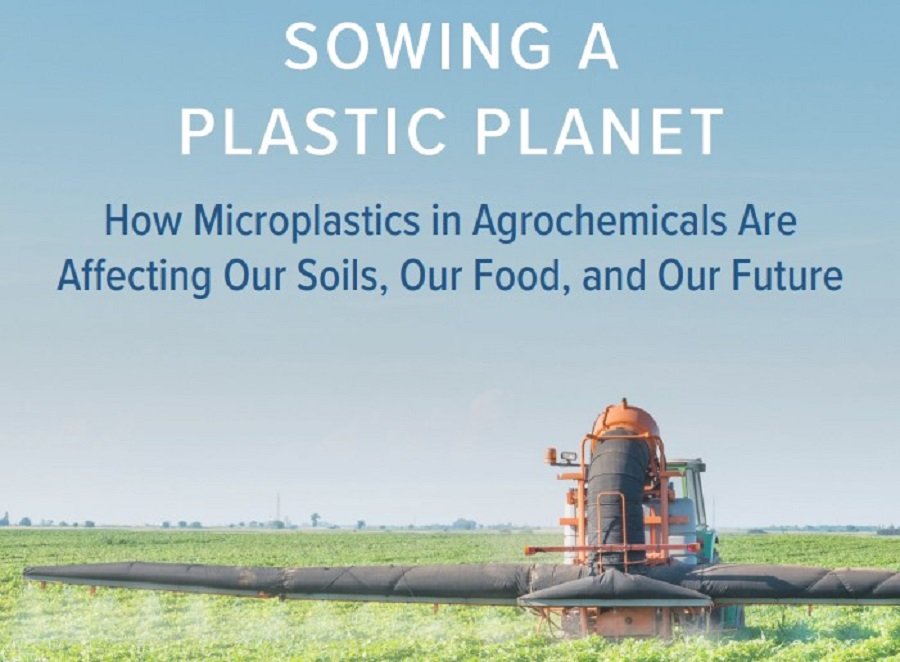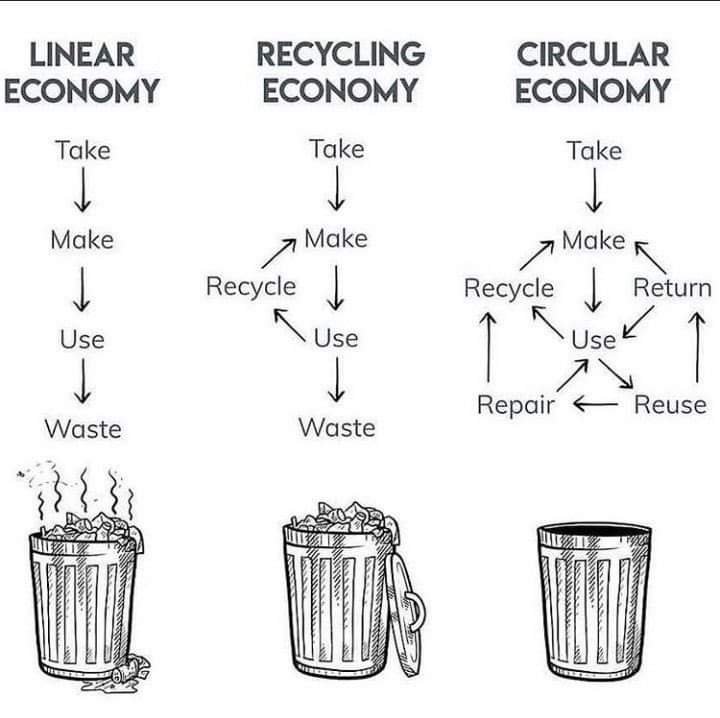Team 6: Stop Plastics & Waste
Refuse, Reduce, Reuse & Repurpose!
“Despite growing awareness around the havoc that plastic is wreaking, corporate accountability remains elusive.”
“The plastic water bottle industry is particularly misleading when it comes to claims about its products. In 2021, Earth Island Institute filed a lawsuit against the Coca-Cola Company for its false portrayal of itself as a sustainable company when, in reality, it generates more plastic pollution than any other corporation in the world.”
Congratulations to the Waste Wizards!
“California, the most populous U.S. state and fifth-largest world economy, will effectively ban the use of most expanded plastic foam food containers on January 1, a move conservationists called a major development in the effort to limit plastic waste.
"We found that this could eliminate up to 3.9 billion pieces of foam ware every single year," Anja Brandon, director of plastics policy at the environmental nonprofit Ocean Conservancy.””
“Plastic recycling does not work and will never work. The United States in 2021 had a dismal recycling rate of about 5 percent for post-consumer plastic waste, down from a high of 9.5 percent in 2014, when the U.S. exported millions of tons of plastic waste to China and counted it as recycled—even though much of it wasn’t.
Recycling in general can be an effective way to reclaim natural material resources. The U.S.’s high recycling rate of paper, 68 percent, proves this point. The problem with recycling plastic lies not with the concept or process but with the material itself.”
“[In blood tests], we found patterns of the proteins that were very similar to those in people that have Alzheimer’s or Parkinson’s disease. It’s almost equivalent to a small child having Alzheimer’s. These birds are really suffering the impacts from plastic, especially on their neuronal brain health,” she said.
“In South Carolina, a plastics manufacturing plant called Alpek Polyester Columbia dumped about 30,000 pounds of a chemical, 1,4-dioxane, into the Congaree River last year, with no limits on the pollutant – a likely carcinogen – in the plant’s discharge permit.
The Alpek plant was the largest discharger of 1,4-dioxane among plastics plants in the U.S. last year, releasing a pollutant that EPA last week concluded “poses an unreasonable risk of injury to human health” including in drinking water.
But despite this risk, EPA has set no national standards for plastics manufacturing plants to control 1,4-dioxane or several other harmful pollutants, including dioxins (a known carcinogen), and phosphorus.”
“…they found three types of nanoplastic: polyethylene terephthalate (PET), polystyrene (PS) and polyvinylchloride (PVC). These were present at average concentrations of 18 milligrams per metre cubed, which translates to 27 million tonnes of nanoplastics spread across just the top layer of the temperate to subtropical North Atlantic.”
“On the consumer side, I think microfibers have stayed under the radar because people don’t associate clothing with plastic. When most folks think of plastic pollution, they picture bottles, straws, all the obvious stuff. But things like nylon and spandex are plastic, and most people don’t realize that more than 60% of our clothing today is made from plastic fibers.”
“…sweeping lawsuit against ExxonMobil… alleging that for more than 50 years it has deceived the public by fraudulently promoting recycling as the solution to the ever-growing global plastic waste crisis.”
“Plastics are made from polymers – synthetic chemical substances derived from oil and gas – and ExxonMobil is the world’s largest producer of polymers used to manufacture single-use plastics. The suit claims that ExxonMobil’s advertising, marketing and lobbying campaigns have peddled the false promise of plastics recycling, even while knowing recycling ‘will never be able to process more than a tiny fraction of the plastic waste it produces.’ ”
“The California attorney general’s office recently called mass balance a “false and misleading marketing scheme,” and the accounting system was rejected last August by the Biden administration’s Environmental Protection Agency, which had considered whether to allow it to be used in products labeled with its “Safer Choice” logo.”
“Underpinning the plastic waste crisis is a campaign of fraud and deception that fossil fuel and other petrochemical companies have created and perpetuated for decades.
Through new and existing research, “The Fraud of Plastic Recycling” shows how Big Oil and the plastics industry have deceptively promoted recycling as a solution to plastic waste management for more than 50 years, despite their long-standing knowledge that plastic recycling is not technically or economically viable at scale.”
“American and European regulators have spent tens of millions subsidizing pyrolysis facilities. Half of all U.S. states have eased air pollution rules for the process, which has been found to release carcinogens like benzene and dioxins and give off more greenhouse gases than making plastic from crude oil.”
“Under all the math and engineering, I found an inconvenient truth: Not much is being recycled at all, nor is pyrolysis capable of curbing the plastic crisis.”
“…at the end of the day, nothing that comes out of pyrolysis physically contains more than 10% recycled material (though experts and studies have shown that, in practice, it’s more like 5% or 2%).”
“In fact, based on our analysis of eight “chemical recycling” plants in the United States, we found that (1) most “chemical recycling” facilities in the United States are not recycling any plastic, (2) “chemical recycling” facilities generate hazardous air pollutants and large quantities of hazardous waste, and (3) “chemical recycling” facilities tend to be located in communities that are disproportionately low income, people of color, or both.”
“They have found that the infiltration of microplastics was as widespread in the body as it is in the environment, leading to behavioral changes, especially in older test subjects.”
“They found that microplastic exposure induces both behavioral changes and alterations in immune markers in liver and brain tissues.”
“The detection of microplastics in tissues such as the heart and lungs, however, suggests that the microplastics are going beyond the digestive system and likely undergoing systemic circulation. The brain blood barrier is supposed to be very difficult to permeate. It is a protective mechanism against viruses and bacteria, yet these particles were able to get in there. It was actually deep in the brain tissue.”
Global Plastic Laws | Global Plastic Laws
Database includes 9 topics covering the full life cycle of plastics along with key issue areas.
Click here for study.
A study found infants using plastic bottles may be exposed to up to 1.5 million microplastic particles every day
“The deliberate dispersion of microplastics in the environment through the application of plastic-coated fertilizers and pesticides is one of the most direct and preventable sources of growing microplastic pollution in agricultural soils.
The use of plastic-coated synthetic fertilizers and pesticides is rising, with producers marketing their “controlled-release” function as a key to sustainable, climate-friendly agriculture.
Encapsulating agrochemicals in plastic and spreading them across soils and crops only compounds the significant health and environmental risks posed by agrochemicals and may exacerbate their harmful impacts.”
Click here for more information about how chemical “recycling” is NOT a solution
Click here for Questions and Answers on Chemical “Recycling”
Watch out for the plastics and chemical industry trying to change state and federal regulations to greenwash chemical “recycling”. Click here for information.
Expanded Polystyrene (EPS) or Styrofoam, is a petroleum-based non-biodegradable foam, which the EPA and International Agency for Research on Cancer consider styrene a “possible human carcinogen” and “that such materials can have serious impacts upon human health, wildlife, and aquatic environment, and the economy.”
Dr. Sarah-Jeanne Royer, CleanEarth4Kids.org consultant, discovered plastic releases methane
Click for Surfrider's: Rise Above Plastics (RAP) Program
Only 9% of plastic is actually recycled. Click Here.
The technology to recycle Styrofoam does not exist and it requires more than a million years to decompose.
In 2019, the production and burning of plastic added more than 850 million metric tons of greenhouse gases to the atmosphere - equal to 189 five-hundred-megawatt coal power plants. Click Here.
Plastics have become a main revenue source for the fossil fuel and chemical industries.
We must stop using fossil fuels.
Let’s find ways to live without plastic and Styrofoam
Click for more information
Skip the balloons this 🎓 graduation season and next birthday 🎂 party. The best gift is a #CleanEarth4Kids
Balloons Kill More Seabirds Than Any Other Plastic, Here are Some Eco-Friendly Alternatives
Petition: Please Stop Fire Causing & Water Polluting Helium Filled Balloons in San Diego County
Zero Waste
What is Zero Waste?
Send nothing to a landfill, incinerator or the ocean.
Reduce, reuse, recycle, and compost.
The average American sends 4.4 pounds of trash to the landfill every DAY.
That’s 1,606 pounds every year for every american.
Sustainable Fashion: From the Red Carpet to Our Wardrobes
Fashion industry accounts for about 10% of global carbon emissions and almost 20% of waste water. Also uses more energy than the aviation and shipping industries combined!
Consumerism plays a huge role in climate change:
60 percent of global greenhouse gas emissions and between 50 and 80 percent of total land, material, and water use
Going Zero Waste
Green Oceanside
In a world drowning in trash, these cities have slashed waste by 80%
Oceanside Unified School District first school district in the Nation to commit to the goal of Zero Waste
The Secret to San Francisco’s Zero Waste Success
7 Success Stories from the Journey to Zero Waste
Tips for going Zero Waste
Waste Free San Diego
Zero Waste: The Choice for a Sustainable Community
ZERO WASTE O‘AHU
Zero Waste Case Studies
Sample Plastic Legislation
City of Carlsbad, CA
City of Encinitas, CA
City of Oceanside, CA
City of solana beach, ca
City of Vista, CA
Resources
Leave No trace
Less Plastic
Plastic Free Schools
Skip The Stuff
Students Take on Plastic (S.T.O.P.) - How To Implement a "S.T.O.P." Event in your School or Community
* Click on Links Below:
* Zero Waste
* Plastic Pollution Sample Legislation & Resources
* Stop Synthetic Turf
